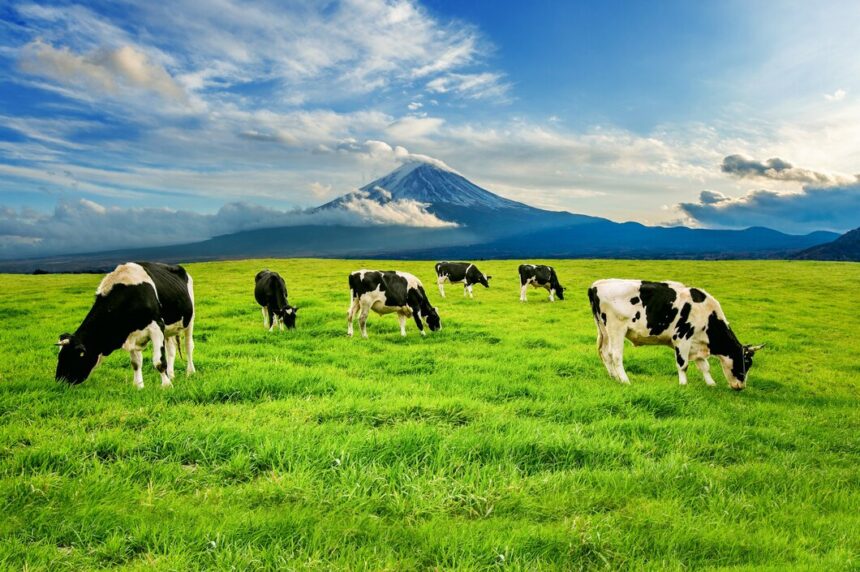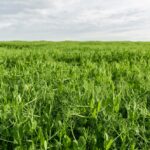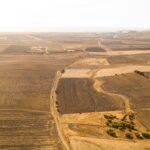Grazing management is crucial for maintaining the health of pastures, ensuring the sustainability of livestock farming, and improving soil health. For South African farmers, implementing effective grazing management techniques can enhance productivity and environmental stewardship. Here are ten techniques to consider:
- Rotational Grazing: This involves dividing pastures into smaller paddocks and rotating livestock through them. Rotational grazing allows grass to recover between grazing periods, improves pasture quality, and reduces overgrazing.
- Strip Grazing: In strip grazing, animals are confined to narrow strips of pasture. This technique helps manage the grazing pressure on specific areas, promotes even grazing, and can enhance pasture regrowth.
- Deferred Grazing: This technique involves leaving certain pastures ungrazed for an extended period, allowing them to recover and regenerate. Deferred grazing helps maintain pasture productivity and prevents land degradation.
- Cell Grazing: A more intensive form of rotational grazing, cell grazing uses small, portable electric fences to confine livestock to smaller areas for short periods. This method can lead to better manure distribution and improved soil fertility.
- Nutrient Management: Applying appropriate fertilizers and soil amendments based on soil tests helps maintain pasture health. Proper nutrient management supports grass growth and can enhance the quality of grazing.
- Weed Control: Managing weeds is essential for maintaining healthy pastures. Regularly monitoring and controlling invasive plant species can prevent them from outcompeting desirable forage plants.
- Pasture Renovation: Over time, pastures may become less productive due to overgrazing or soil degradation. Pasture renovation techniques, such as reseeding or overseeding, can rejuvenate pastures and improve forage quality.
- Water Management: Ensuring adequate access to clean water sources is crucial for livestock health and productivity. Installing water troughs and managing water distribution can prevent overgrazing around natural water sources and reduce soil erosion.
- Grazing Impact Monitoring: Regularly monitoring the impact of grazing on pasture and soil health helps farmers make informed decisions about grazing practices. Indicators such as soil compaction, vegetation cover, and plant diversity can guide management strategies.
- Integrated Pest Management (IPM): Implementing IPM practices helps control pests that can affect pasture health. This approach combines biological, cultural, and mechanical control methods to manage pest populations while minimizing environmental impact.
By employing these techniques, South African farmers can optimize their grazing systems, enhance pasture productivity, and promote sustainable land management. Effective grazing management not only benefits livestock but also contributes to the long-term health of the environment.
Join 'Farmers Mag' WhatsApp Channel
Get the latest Farming news and tips delivered straight to your WhatsApp
CLICK HERE TO JOIN






